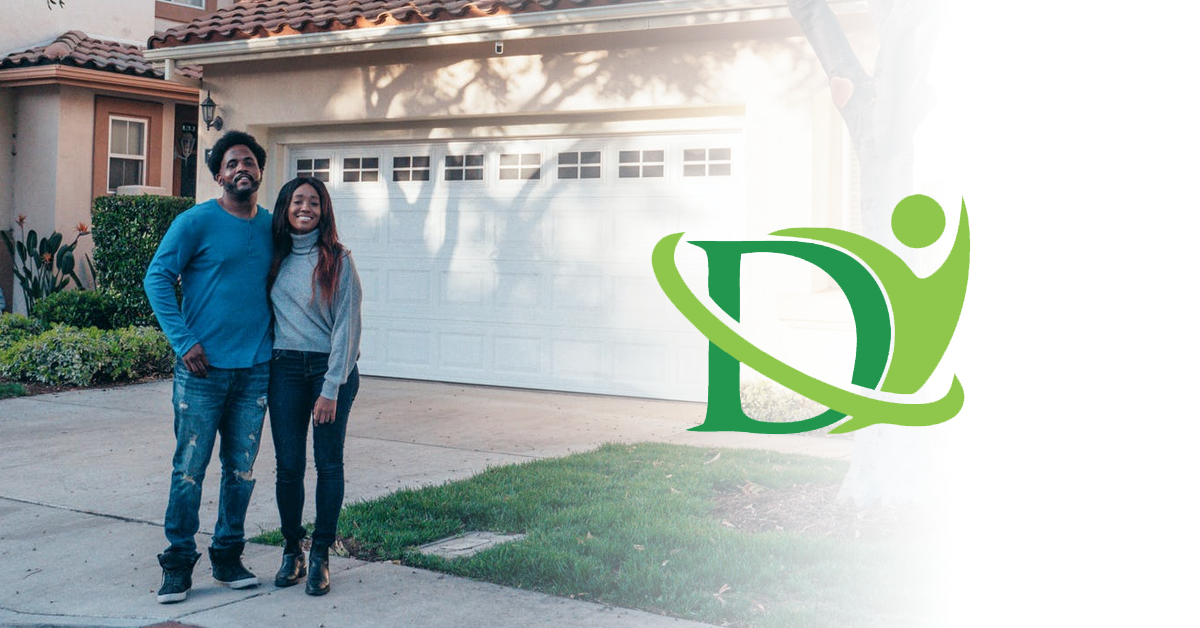
Can an Individual Lose the House after Filing for Bankruptcy
January 30, 2023
Debt Helpers – How to Know If It’s Time to Get Help of a Professional for Debt
February 5, 2023Mortgages are one of the most popular methods of financing a home purchase. They offer buyers the opportunity to purchase a home without needing to pay the full cost upfront. Often, the loan is typically repaid over a series of monthly payments. The size of these payments depends on the amount borrowed and the interest rate charged by the lender.
Mortgages are typically considered beneficial debt, but if a homeowner does not properly manage the debt by creating a budget and a plan, it can quickly become an issue. Maintaining a balance between the amount of equity in the home and how much debt is owed is key to successful debt management.
This guide highlights the importance of keeping mortgages in “good debt,” and ways homeowners can keep it that way.
When Buying a Home
Before signing a mortgage agreement, it is important to understand the terms and conditions of the loan. Be sure to ask about any fees or penalties associated with the loan, and ensure the interest rate is in line with current market rates.
It is also important to ensure that the mortgage payments fit within the budget. Homeowners should consider how long the mortgage will last and the total cost of the loan (including interest).
Finally, homeowners should consider whether there is room in the budget for other expenses, such as home repairs, furniture, or other purchases. Having these items budgeted for can help ensure that the mortgage remains manageable.
When Paying a Mortgage
Once a mortgage loan is secured, it is important to make payments on time and in full. Missing payments can have a negative impact on credit scores and can lead to additional fees and interest.
Homeowners should also consider refinancing their mortgage if the interest rate is higher than current market rates. Refinancing can reduce the monthly payments and total cost of the loan.
Finally, homeowners should consider making additional payments whenever possible. This can help reduce the principal amount of the loan, which in turn reduces the total cost of the loan.
Mortgages can be an effective way to finance a home purchase, but they must be managed responsibly. By understanding the terms of the loan, budgeting for monthly payments, and making additional payments when possible, homeowners can keep their mortgages in “good debt” and ensure a successful financial future.
Preventing Other Homeowner Debt
In addition to managing a mortgage responsibly, homeowners should also be aware of other forms of debt that can affect their financial stability. This includes credit cards, auto loans, student loans, and any other type of loan that is secured by the home.
Homeowners should make sure they understand the terms of any loan they take out and make sure they are able to make the payments on time. They should also be aware of the interest rates on any loan and try to avoid taking out any loan that has an interest rate that is too high.
Conclusion
Managing a mortgage responsibly is essential for maintaining financial stability. Homeowners should be aware of the terms of their mortgage and make sure they are able to make their payments on time. By managing debt responsibly, homeowners can ensure their financial stability and avoid any potential financial problems.
However, it is not often that homeowners have a complete handle on their debts. This is where DebtHelpers.ca comes in. They are dedicated debt consultants in Mississauga, ON that will easily help manage debts accurately. Get in touch with them today to learn how.

